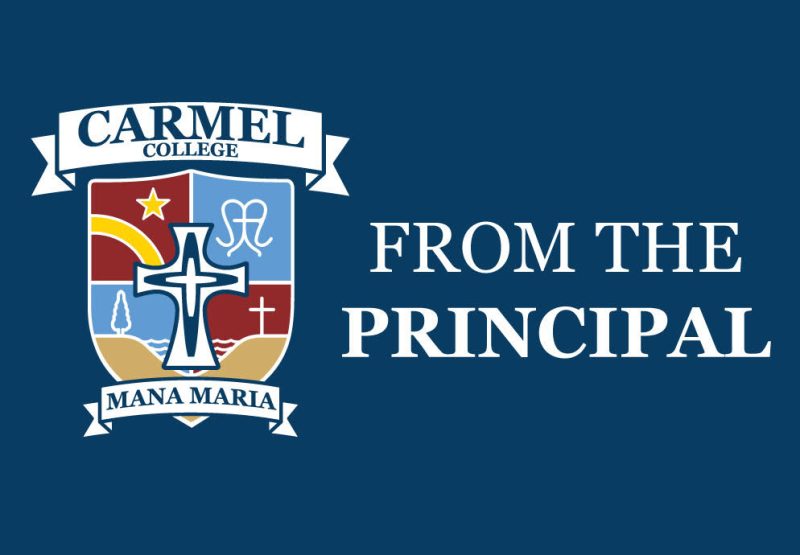Tena koutou katoa. Nga mihi nui atawhai.
‘The Government’s reform of the Tomorrow’s Schools system will put more frontline support closer to schools to give every child the best chance to succeed.’ That is the leading line in the Government’s response to all the recommendations from the Tomorrow’s Schools’ Taskforce. Here is the summary from the website:
The key decisions announced by Education Minister, Chris Hipkins, include:
- more frontline support for schools through a new education agency, as part of a redesigned Ministry of Education
- more support for principals and school boards including a new centre of leadership and local leadership advisor roles
- new independent disputes panels for parents and students
- management of school property simplified and/or transferred to the Ministry to free up boards’ time
- enrolment zones to be managed locally, not by each school.
Under this introduction, there are links to what it means for each of the education stakeholders. This is the outline of what it means for you, as parents and whanau.
‘All schools should be great places to learn. We’re resetting the system that governs, manages, administers and supports schools so that all learners get the same chance to succeed.’
Thirty years ago, the Tomorrow’s Schools reforms changed New Zealand’s schooling system, creating a system intended to better engage parents, whānau and communities with their local schools.
While the current system has strengths, it is inadequately serving some of our learners, in particular Māori, Pacific, people with disabilities, learning needs and those from disadvantaged backgrounds.
Now, New Zealand has the opportunity to reset the education system with a greater level of resource and expertise at the front lines where it is needed.
This reset is significant. Changes will require ongoing investment of both time and resource, and will need to be managed in a coherent and connected way over the next ten years.
Key changes of interest to parents and whanau:
Meeting the needs of Māori – The reforms emphasise the power of collaboration and partnership; and the value of working closely with iwi and Māori to lift the performance of the education system, so ākonga Māori enjoy and achieve education success as Māori’.
The development of a Māori Medium Network Plan for the next decade has been commissioned as well as an education workforce strategy to ensure teacher supply for the Māori medium pathway.
Māori and iwi engagement in school governance is to be strengthened. By June 2020 the Ministry of Education will develop advice about how this can be achieved.
Complaints and disputes resolution – Over the next 2-4 years, the Government will enable the establishment of panels to resolve disputes, where they cannot be resolved at the school level. The panel’s focus will be to resolve serious disputes in an inclusive, culturally appropriate and timely manner. Complaints about teachers will continue to be within the jurisdiction of the Teaching Council. This will not be changed by the new disputes panels.
Taking a network-based approach to enrolment zones –The role of developing enrolment schemes will be undertaken by the Education Service Agency at a regional level, working closely with the relevant schools to ensure their views and those of their communities are also taken into account as part of the design process.
Refocusing the role of Boards – The Government will remove the distinction between the existing primary and secondary objectives for Boards in governing schools. Legislation will provide for four objectives that give as much weight to, obligations in relation to pastoral care and giving effect to Te Tiriti, as to academic achievement.
A more visible support system for school leadership – To better support our education leaders, the Government invites the Teaching Council to establish a Leadership Centre to enhance the considerable work they have already undertaken on their Leadership Strategy and Educational Leadership Capability Framework.
The new Education Service Agency (ESA), as part of a redesigned Education Ministry, will also be given additional functions to build support for, and service to, leaders and principals.
If you would like to read more, here is the link to the full reports and summaries of what it means for different stakeholders.
https://conversation.education.govt.nz/conversations/tomorrows-schools-review/

